The Gut-Brain Connection
Have you ever had the feeling of ‘’butterflies’’ in your stomach?
This is thought to be because of the connection between our brain and our gut, in other words they appear to be talking to each other when we are nervous or stressed.
Our digestive tract is comprised of 100 million mesh-like body neurons, which is the network of nerve cells referred to as the enteric nervous system. This system is so extensive and complex that it is often referred to as our “second brain.”
The vagus nerve is a long, thick nerve that runs between the base of the brain right through to the gut and allows communication between the gut and the brain, known as the gut-brain axis.
Gut microbiota are the microorganisms that live in the digestive tract. The gut microbiota communicate by producing and storing over 30 neurotransmitters (chemical messengers in the body). 95% of serotonin, known as “the happy chemical”, is produced by the gut microbiota. Serotonin directly affects your mood and wellbeing, which further proves the gut-brain connection. (1,2)
The food we eat plays an essential role in maintaining the diversity, quality, and quantity of gut microbiota organisms, contributing to proper function of our gut. This emphasises the importance of a good diet, as what we eat is one of the fastest and easiest ways to influence the gut microbiota. By giving your gut microbiota the nutrition, it needs to flourish, it will help take care of both your mind and body. (3)
Below are some recommendations to promote good digestive health:
Adults are recommended to eat at least 35g of dietary fibre per day, depending on age and sex. Unfortunately, most of us do not reach this target (4) –to increase your fibre consumption, leave the skins on fruit and veg, add more pulses (lentils, beans) to your foods, use wholegrain breads, and wholemeal pastas.
Focus on eating a varied and balanced diet – a simple way to achieve this is to “eat the rainbow” add foods of all different colours to your plate/meal.
Reduce excess intake of red and processed meats
Reduce intake of highly processed foods (biscuits, cakes, crisps etc) that are often high in sugar and fat, and low in nutrients & fibre
To finish, it is important to note that antibiotics have been shown to destroy our beneficial bacteria and cause damage to the gut microbiome. Therefore, enriching our diet with probiotics and fermented foods containing living cultures can support gut health and should be encouraged daily but are especially important if you are on antibiotics. Examples of these foods include live yogurt, kimchi, kefir, and sourdough bread. (5)

